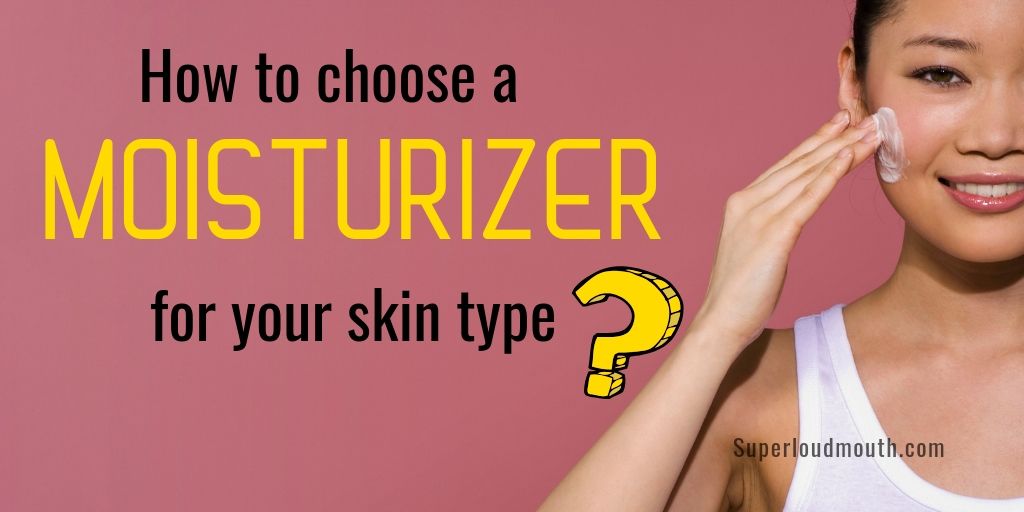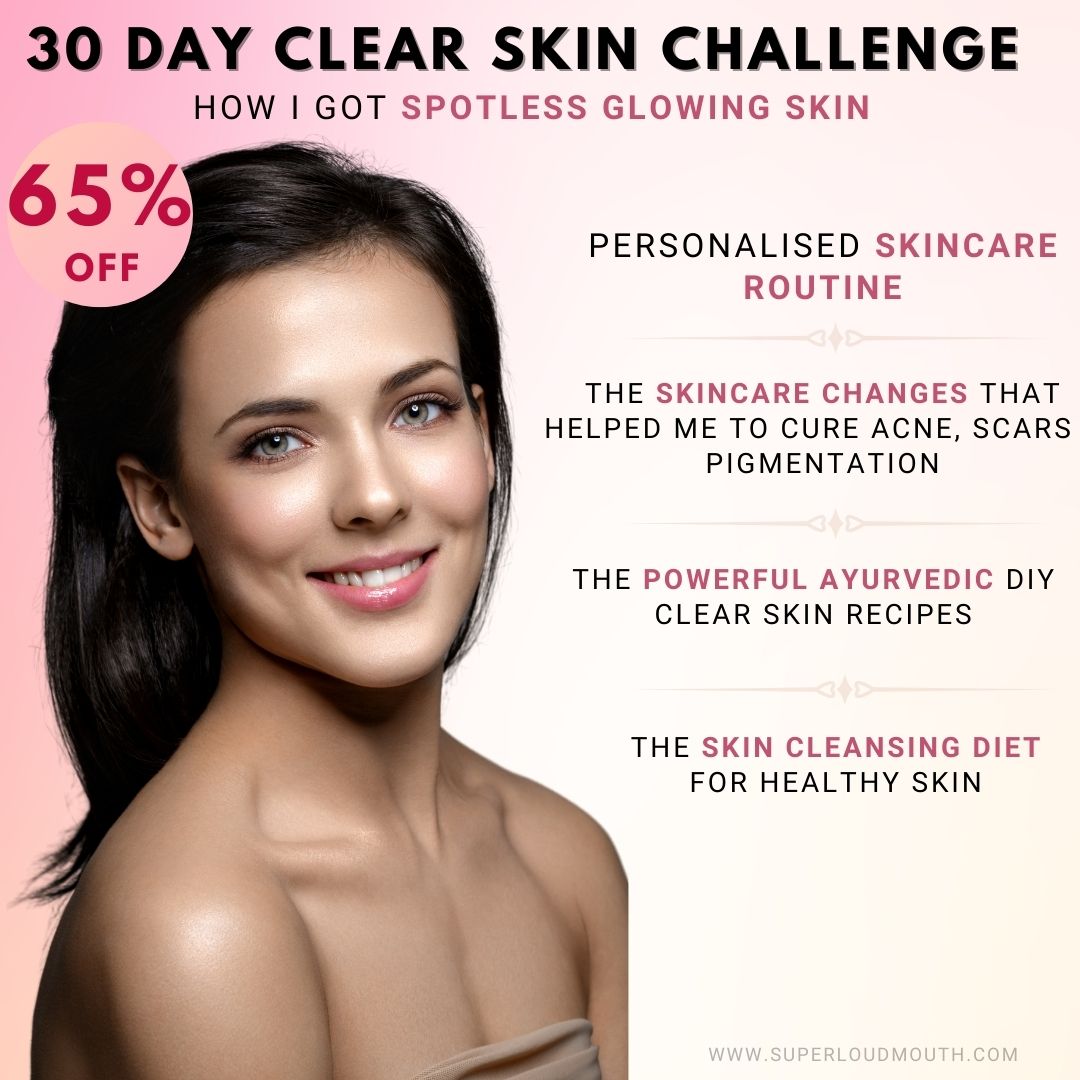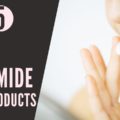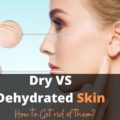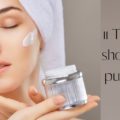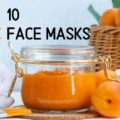How to Choose the Best Face Moisturizer for your Skin type?
Skincare is all about maintaining the right balance between Oils and Water levels. You need to know the importance of water and oil balance to have clear and glowing skin.
Moisturizing your skin is a great way to achieve the balance between oils and water. Additionally, moisturizing has several benefits from anti-aging, brightening, controlling oily skin, hydrating dry skin to protecting skin from harmful environmental pollutants.
In this article, we will give you a clear picture of what are moisturizers, what they do to your skin, the different types of moisturizers, how to choose a moisturizer based on your skin type and lastly we’ll also let you know our best recommendations according to your skin type.
How to find the Best Moisturizer for your Skin type?
- What are Moisturizers
- Do you really need Moisturizers?
- Different Types of Moisturizers
- How to Choose Moisturizer for your skin type
- How to read a Moisturizer label?
- When to switch up Moisturizers?
- What to avoid while choosing a Moisturizer
1. What Are Moisturizers?
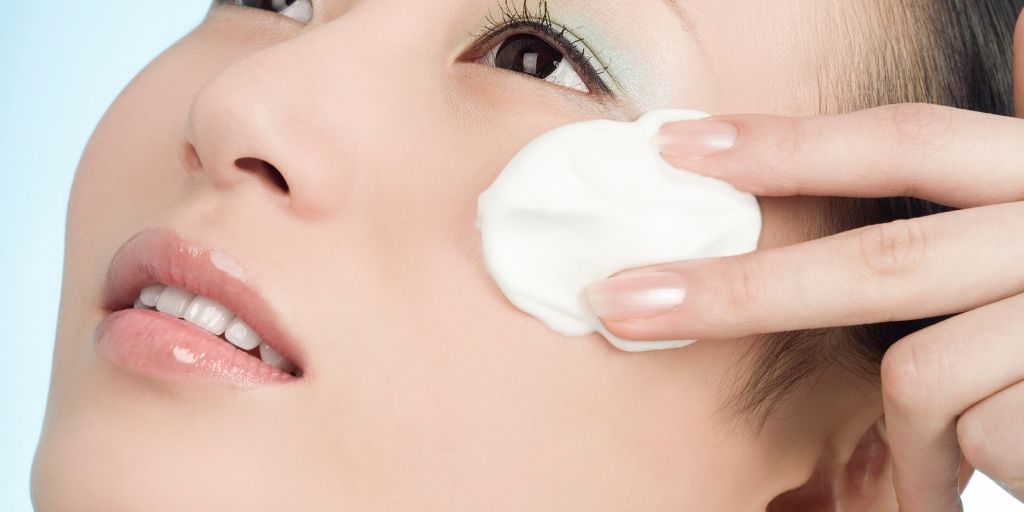
Moisturizers are basically skincare products that are formulated to provide required moisture and hydration to your skin. They’re a blend of ingredients like complex, natural oils, chemicals, emollients, lubricants, humectants, fragrances, herbal extracts, and artificial oils to control excess oil production, heal dry skin and reduce irritation.
But for your particular skin type, you must only choose a few sets of ingredients that suit your skin type or skin concern.
[Read more: Best Essential Oils for Acne]
2. Do you really need Moisturizers?
To understand the reasons for using moisturizer, you must have a clear picture of how the skin works. The topmost layer of your skin (Stratum Corneum) is made up of dead skin cells and it lies on top of the epidermis.
Each day our skin undergoes a process called “TEWL” (Trans Epidermal Water Loss)
Tewl happens because the blood vessels deliver water to the skin’s third layer “Dermis”. From there water travels to the second layer (Epidermis) and eventually, it evapourates. This cycle happens every day and that’s the reason why you need to hydrate and moisturize your skin regularly.
That’s when the moisturizers come to rescue your skin from damage. When you apply a moisturizer, it locks water into the skin, traps moisture, replenishes moisture in your skin and therefore stops evaporation.
The end result is that your skin looks more plump, moist, smoother, and healthier. It also prevents skin aging problems such as wrinkles, fine lines, tired-looking skin and etc. When you don’t moisturize or you didn’t moisture enough, the skin’s barrier crumbles down and allows the moisture to evaporate. Thus your skin gets dehydrated, saggy and ages fast.
[Read more: How to choose a Perfect Sunscreen]
3. Types of Moisturizers
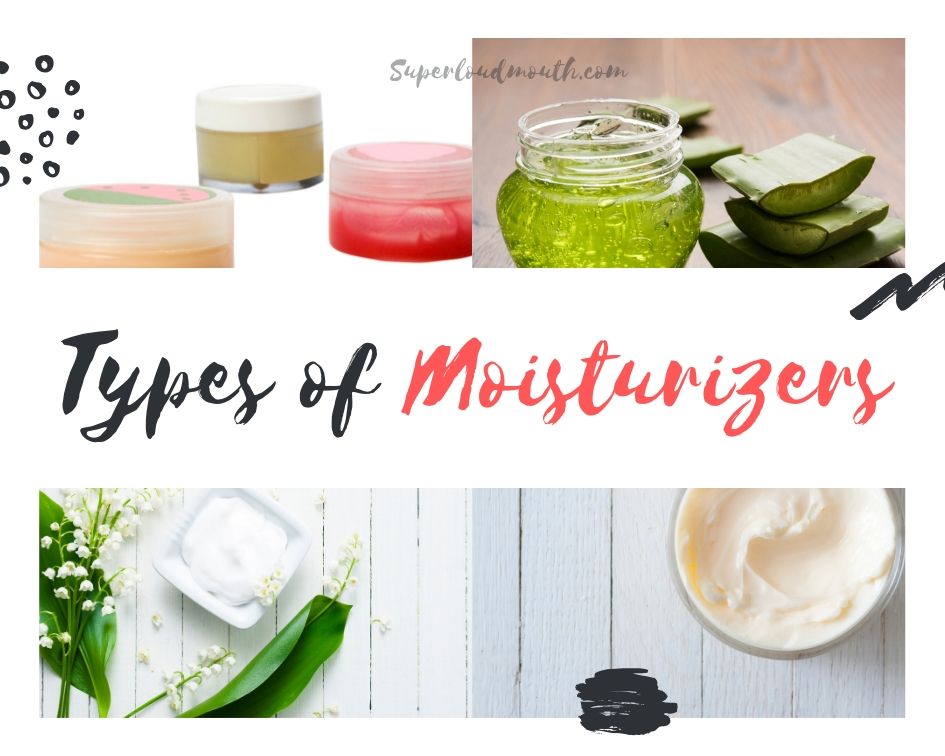
There are basically three types of Moisturizers – Occulusives, Emollients, and Humectants.
Occulusives form a barrier under your skin to help trap the moisture that’s already under the skin from evaporating out. Emollients get deeper into the skin’s layers to protect, soften, and moisture your skin. Humectants bring young cells to the surface layer of your skin and thus reduces flakiness, dryness and other aging problems.
The Moisturizers which come with Emollients and Humectants will not only moisturize your skin but also makes your skin glowy, supple, and clear.
Different forms of Moisturizers
Moisturizers come in many different forms from lightest to heaviest. These include Gels, Lotions, Creams, and Ointments. They all differ in texture, consistency, and formulations.
Gels have the thinnest consistency. These lightweight moisturizers penetrate deep into your skin easily and quickly to keep your skin soft. Gel moisturizers are great for oily skin types as they never leave a greasy texture on your skin.
Lotions are slightly thicker than gels because they contain major portion of water. They also contain moisturizing ingredients like emollients and humectants which go deeper into your skin to protect and moisturize.
Creams are heavier in consistency and stay longer on the top layer of your skin. Ointments are the heaviest of all types of moisturizers. They are said to cut the TEWL by 98%.
[Read more: The Best Natural Hair Oils for all hair problems]
4. How to Choose a Moisturizer
Now, let’s focus on what types of moisturizers you could choose for your skin type.
*Oily Skin
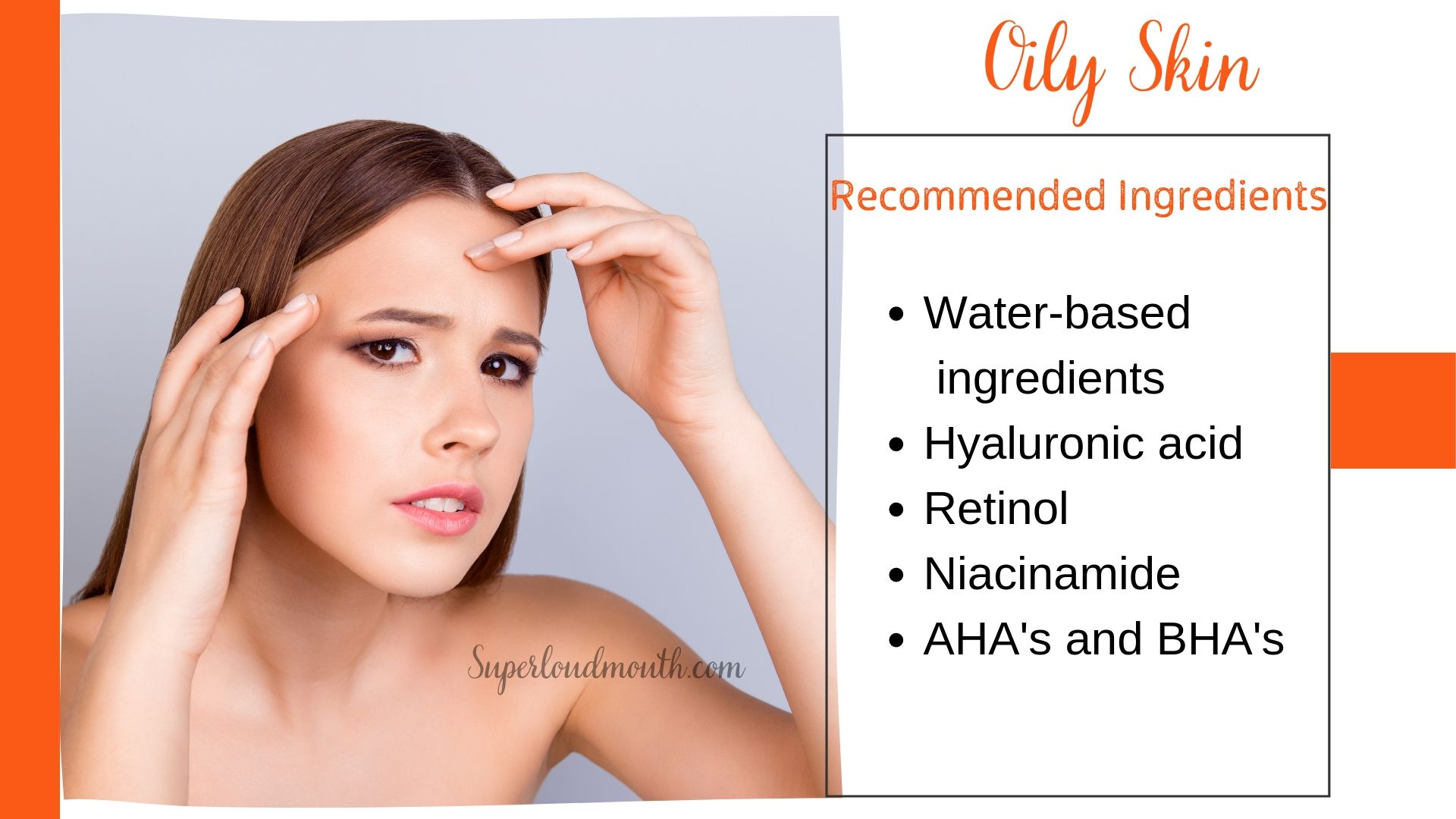
Although oily skin can retain moisture, such skin types are still susceptible to cold, dry, and harsh weathers. You must switch to less greasy and thinner consistency moisturizers which could balance and control excess oil production.
Oily skin types would do great with oil-free moisturizers formulated with water-based ingredients or non-comedogenic ingredients such as Hyaluronic acid, Retinol, Niacinamide, AHA’s, and BHA’s.
The Best recommended Oil-free moisturizers are Origins GinZing gel moisturizer (in summers), Loccitane gel moisturizer, The Ordinary natural moisturizer, and Clinique Dramatically different Gel.
*Dry Skin
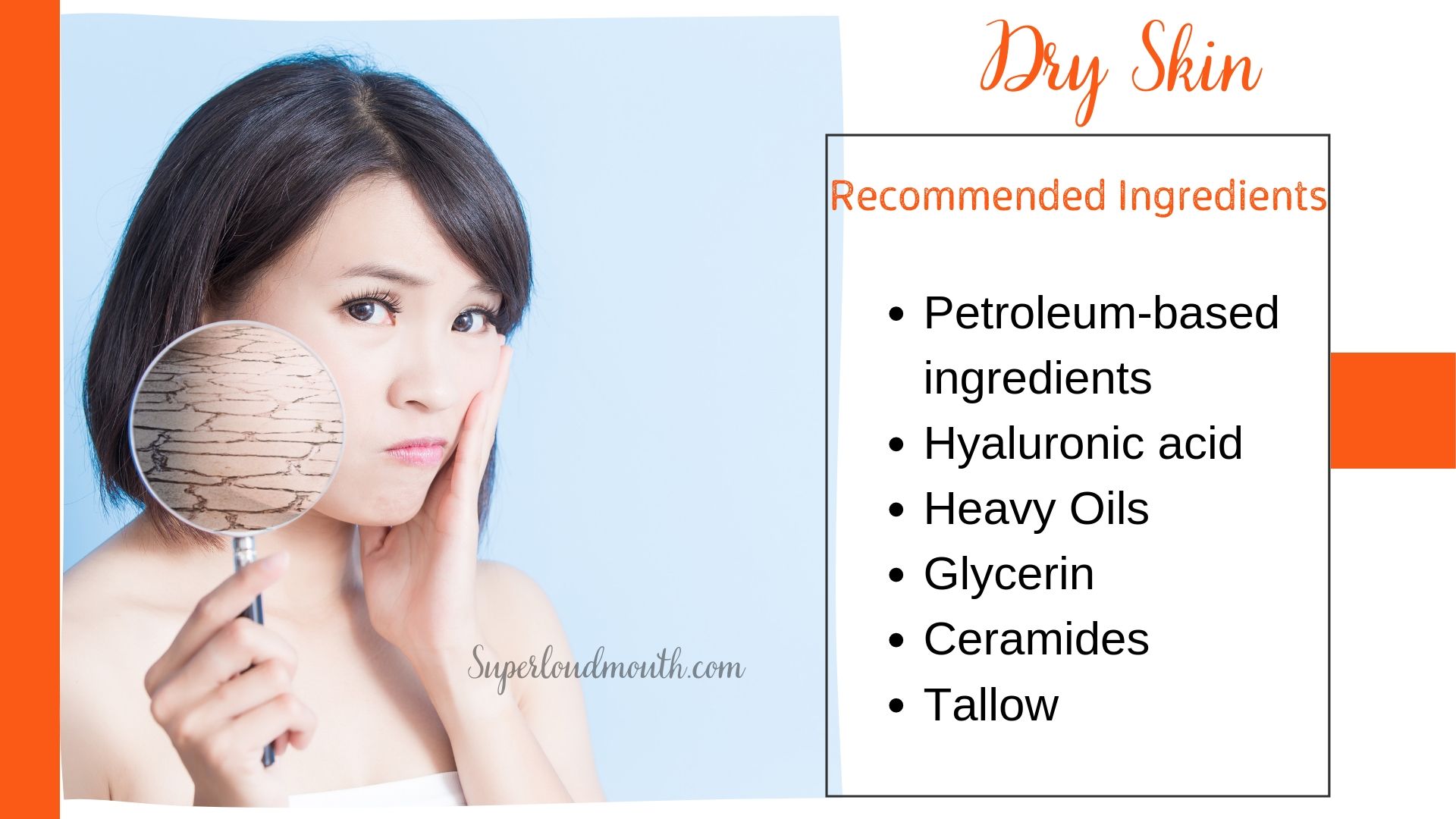
Perhaps the dry weathers or skin conditions like eczema make your skin more prone to dryness. If you use a right moisturizer for dry skin then you need not invest time on applying moisturizer again and again. Moisturizers or lotions which contain shea butter, coconut oil, or jojoba oil could be a great choice for dry to extremely dry skin types.
As you don’t have natural oils to protect your skin, look for petroleum-based ingredients or heavy oils such as hyaluronic acid, glycerin, tallow, coconut oil, and ceramides to trap the moisture and prevent evaporation.
The Best Recommended Heavy consistency Moisturizers are Cerave Moisturizing cream, Neutogena Hydro boost cream, Kiehls deep moisturizer balm.
*Sensitive Skin
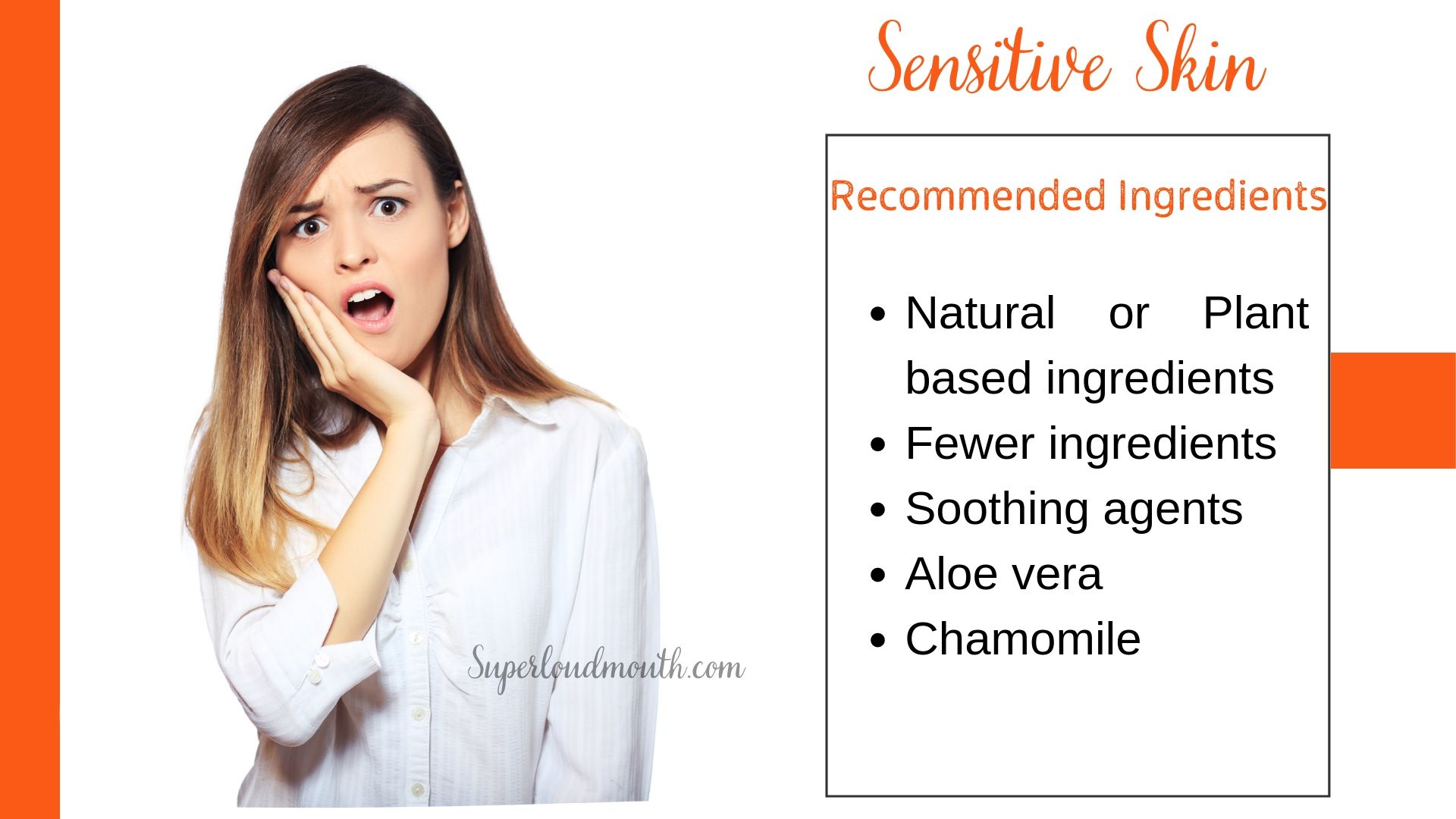
Sensitive skin type has a weakened immune system which means that they skin most likely reacts to products easily and get painful, itchy or burning sensations. You need to find products with preferably fewer ingredients and natural or plant-based ingredients like chamomile, aloe vera which are soothing agents.
As they’re more irritated by certain ingredients in the moisturizer avoid fragrances, preservatives, AHA’s, BHA’s and retinoids. Rather stick with moisturizing components.
The Best recommended Moisturizers are Cetaphil, La Roche Posay, Dermalogica.
*Normal Skin
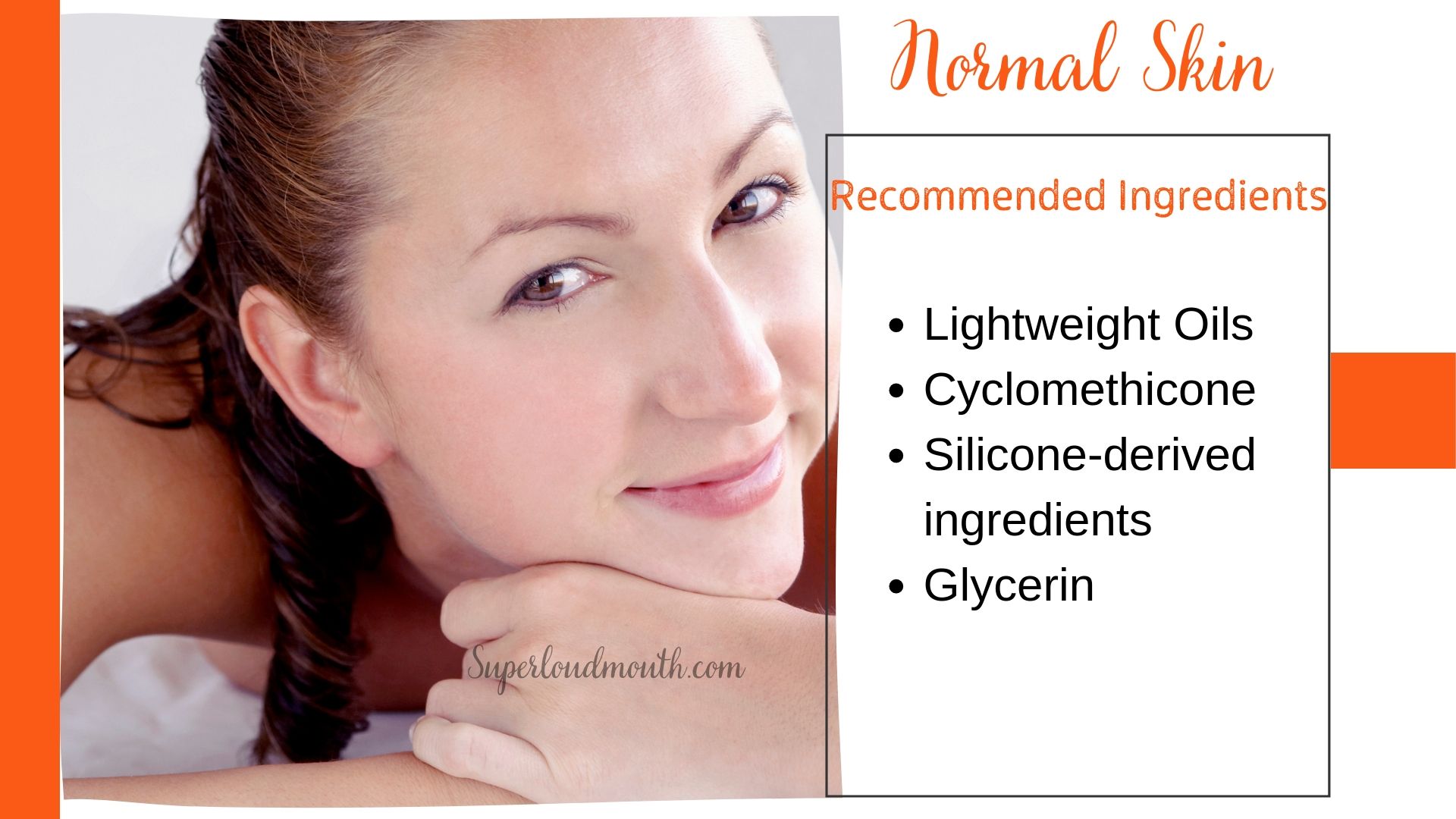
If your skin is neither extremely dry or terribly oily, then you already got a jackpot. Your skin mostly will be on a good day but sometimes it might breakout. So, try using a lightweight and non-greasy moisturizer which includes ingredients like niacinamide, hyaluronic acid, and antioxidants.
Moisturizers formulated for normal skin types must contain lightweight oils, Cyclomethicone, silicon derived ingredients, glycerin which can absorb and retain water in your skin.
The Best recommended Moisturizers are Kiehl’s Ultra Facial moisturizer, Aveeno, Clinique Moisturizing gel.
*Combination Skin
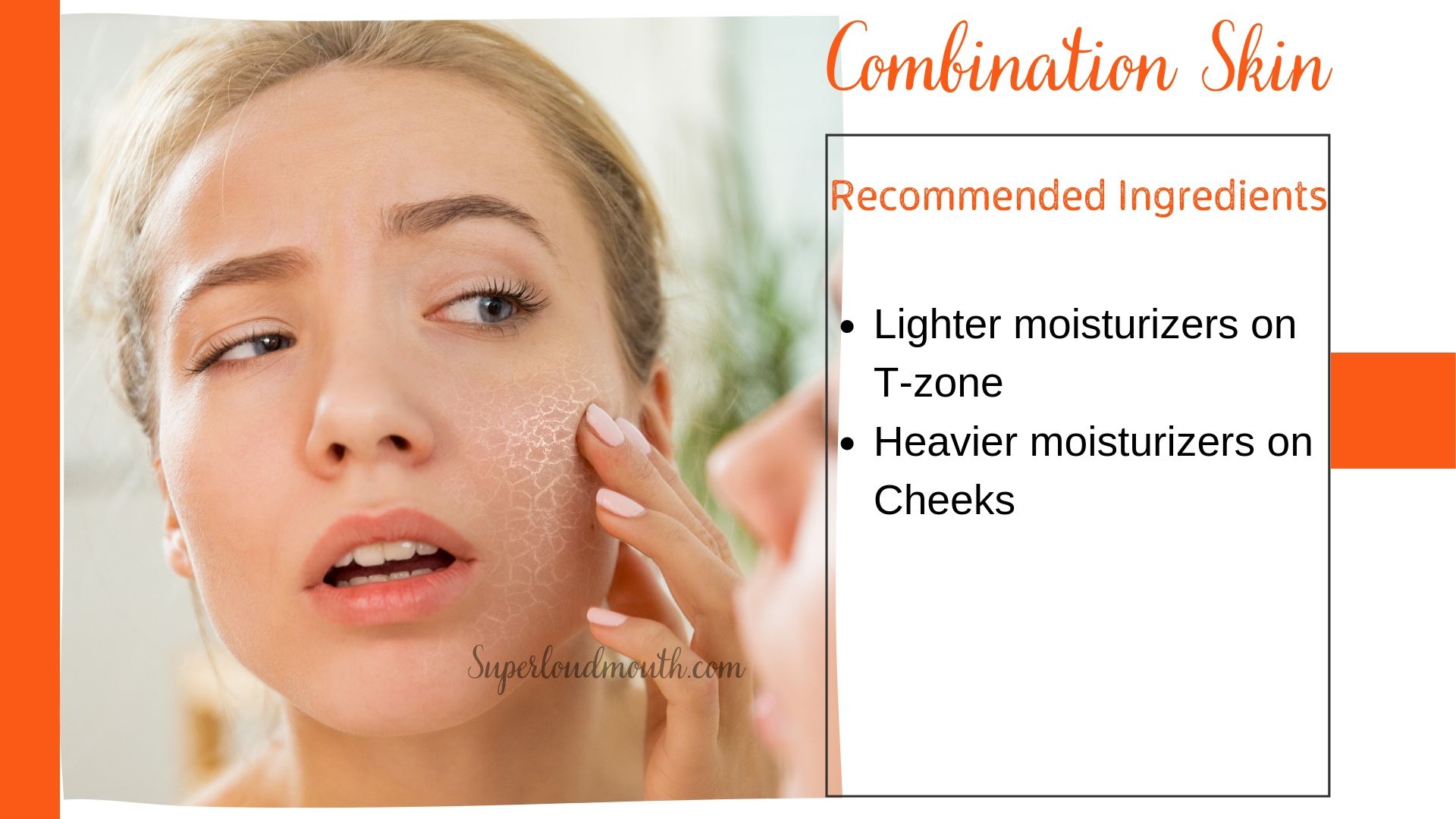
Combination skin refers to having not too oily skin but terribly dry skin type. To be pertinent, it’s a combination of both. Usually, the T-zone is oily and other parts of the face are extremely dry. Therefore, combination skin is the result of dehydration or if you’re not moisturizing enough.
That being said, you can use two different moisturizers on the oily area and dry areas. For instance, I use a lightweight moisturizer (Origins) for T-zone and a thicker one on cheeks (preferably La Roche Posay)
Best recommended moisturizers for combination skin are Cerave which works great for all skin types and La Roche Posay daily moisturizing cream.
5. How to read a Moisturizer label?
While purchasing any beauty or skincare commercial products you need to mainly scrutinize the first five ingredients. That’s because all the brands must disclose their ingredients in the highest to lowest concentrations.
Typically, the first five ingredients used to formulate a product will have the highest concentration of around 80%. So, by examining the first five ingredients you can understand if the moisturizer is safe to use on your skin.
Also, be cautious about the synthetic fragrances, preservatives or chemical sunscreens used. I would mostly not prefer products having synthetic fragrances.
Next up, you’ll need to identify the ingredients by checking the specific ingredients reference sites. There are a few websites which make you comprehend the list of ingredients to make a product.
[Read more: The top Dermatologists recommended Sunscreens]
6. When to Switch up Moisturizers?
You must switch up moisturizers frequently since you cannot stick to a moisturizer year-round. Firstly, you need to concentrate on how your skin feels every time. If you oily skin in the mornings you might have dry skin during nights.
Sometimes your skin will become too oily which signals you don’t need to use heavy moisturizers and sometimes your skin gets parched which indicates you to obviously use a thicker moisturizer.
Hence, you need to switch up moisturizers based on certain factors such as weather, climate, and temperature fluctuations.
In the general run of things, stick to lightweight moisturizers during summers because your skin is already producing oils and sweat and you shouldn’t clog up the pores with heavy moisturizers. Whereas use thick or hydrating moisturizers during winters to trap and lock in the moisture.
[Read more: Take this quiz to find out best exfoliating Face wash]
7. What to avoid while choosing a moisturizer
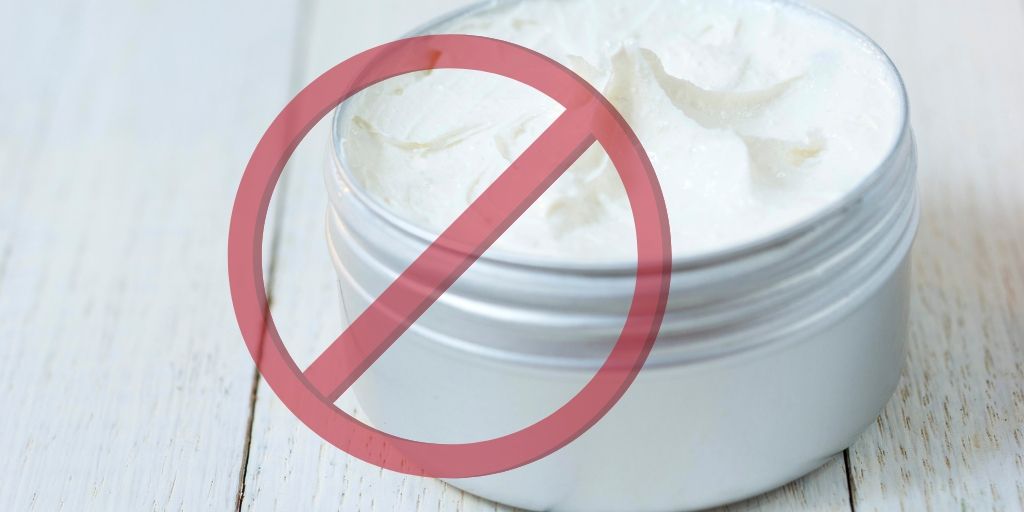
To get most benefits from a moisturizer you need to avoid certain ingredients which might not suit your skin type and cause wreck havoc. Here is the list of ingredients you must avoid for better skin,
- Synthetic fragrances and colors – Many experts would recommend not to use unnecessary irritating ingredients like perfumes and added colors. They can be harsh on your skin and can strip away natural oils
- Too many acids – Avoid too many acids like AHA’s, glycolic acids, retinoids, salicylic acid, and alcohol which perhaps deeply penetrate into your skin and trouble your sensitive skin.
- Body-friendly ingredients – What suits your body might not be good for your face. Avoid face moisturizers which contain body product ingredients like shea butter, mineral oils, waxes, or lanonil that clog your pores and lead to skin problems.
- Lactic acid or Urea – Don’t overly use these ingredients recommended for extremely dry skin if you have any existing skin conditions like eczema
Up to the very end!
So, here are the tips on choosing a perfect moisturizer for your skin type. Now, go out and pick your favorite yet a safe moisturizer which satisfies all your needs.
What moisturizer are you using? and What’s your experience? Please leave a comment below because we’d love to know.
This article contains affiliate links. You can read our full disclosure here

